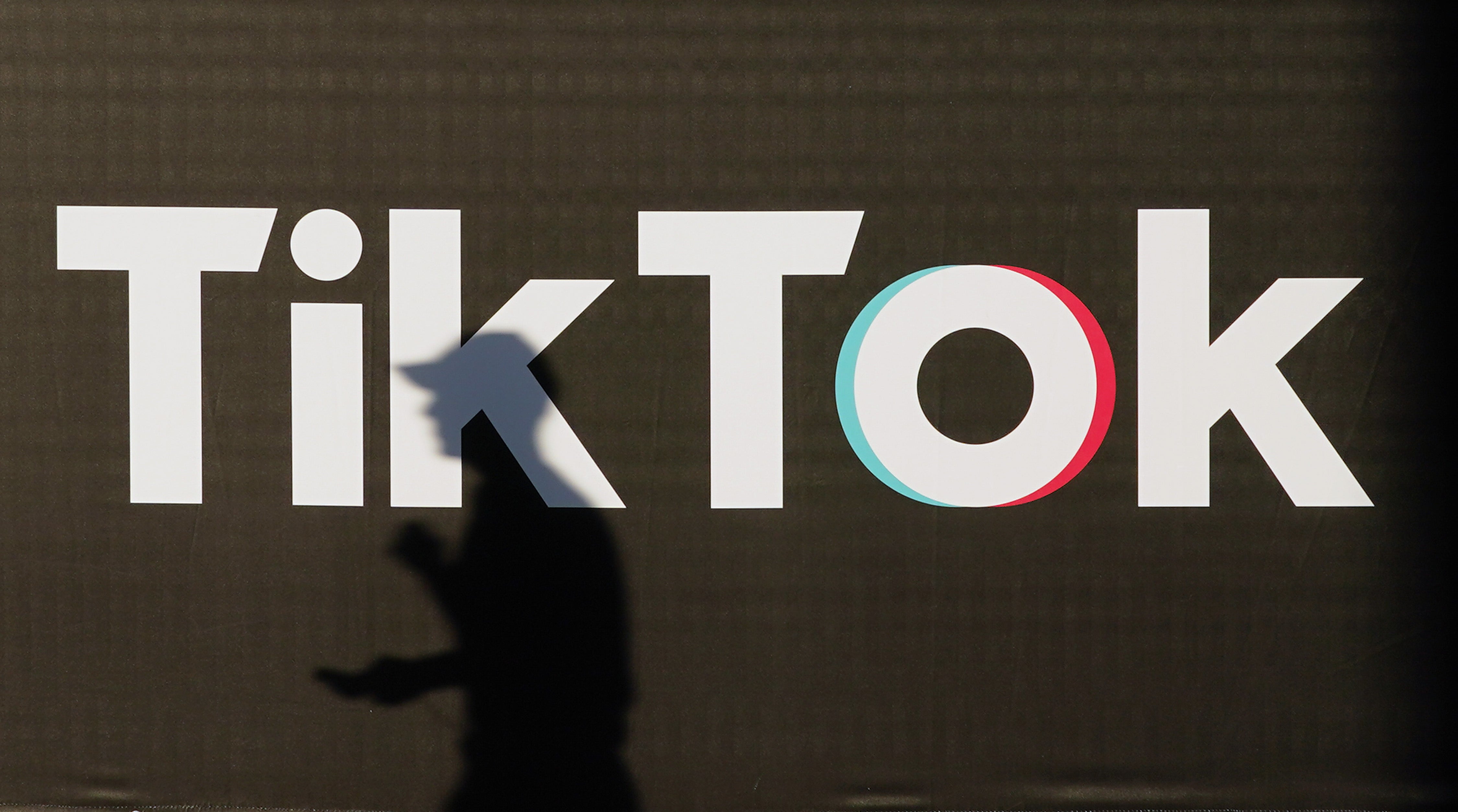TikTok details plans for Israel-Hamas war posts as social networks scramble to stop misinformation crisis
Meta and X have also faced questions over how they will deal with misleading and abusive content

Your support helps us to tell the story
From reproductive rights to climate change to Big Tech, The Independent is on the ground when the story is developing. Whether it's investigating the financials of Elon Musk's pro-Trump PAC or producing our latest documentary, 'The A Word', which shines a light on the American women fighting for reproductive rights, we know how important it is to parse out the facts from the messaging.
At such a critical moment in US history, we need reporters on the ground. Your donation allows us to keep sending journalists to speak to both sides of the story.
The Independent is trusted by Americans across the entire political spectrum. And unlike many other quality news outlets, we choose not to lock Americans out of our reporting and analysis with paywalls. We believe quality journalism should be available to everyone, paid for by those who can afford it.
Your support makes all the difference.TikTok says it is launching a “command centre” and more as part of its attempt to address posts emerging from the Israel-Hamas war.
As with other social platforms, TikTok is facing increased scrutiny over its treatment of abusive and misleading posts by users. Twitter/X in particular has faced criticism over approach to illegal and misleading content.
It said that it had “immediately mobilised significant resources and personnel to help maintain the safety of our community and integrity of our platform” in response to the crisis.
That has included the launch of what it called a “command centre that brings together key members of our 40,000-strong global team of safety professionals”, though it gave little information on what that command centre actually does.
It will also update its automated detection systems to identify “graphic and violent content” so that it not only goes out to users but also so that human moderators are not subject to disturbing posts. TikTok is also adding more moderators who speak Arabic and Hebrew, it said.
It also specifically addressed concerns about the spread of misleading content in the wake of the crisis. In recent days, misinformation has spread on social networks, with a number of popular but false videos spreading across the web.
TikTok said it would be removing what it calls “synthetic media that has been edited, spliced, or combined in a way that could mislead our community about real-world events”.
It also pointed to its work with fact checkers, who review posts to ensure they are accurate. When a post is being checked, it is removed from the For You feed that uses algorithmic recommendations, and if the truth cannot be determined then TikTok will remove it from that For You feed and apply a banner, though it will leave it live on the site.
TikTok also pointed users to a range of options that are available to users to hide certain posts. That includes clicking “not interested” on any posts they want to see less of, and reporting content that may be misleading, for instance – both of which are done from the options on any given post.
Join our commenting forum
Join thought-provoking conversations, follow other Independent readers and see their replies
Comments